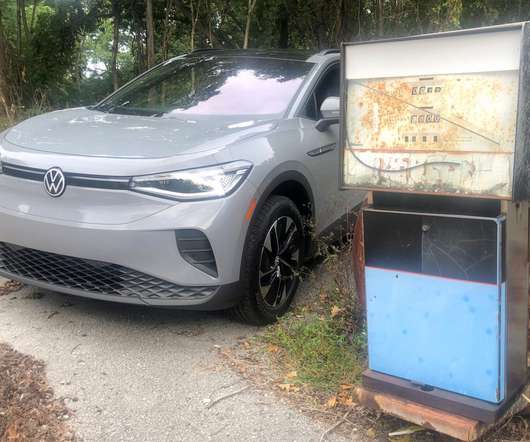EPA annual trends report finds new vehicle fuel economy at record 24.1 mpg; new powertrain technologies rapidly gaining share
Green Car Congress
OCTOBER 10, 2014
mpg increase over the previous year and an increase of nearly 5 mpg since 2004. The majority of the carbon and oil savings from current vehicles is due to new gasoline vehicle technologies, the report observed. of total vehicle production until very recently, the impact of excluding alternative fuel vehicles was negligible.




















Let's personalize your content